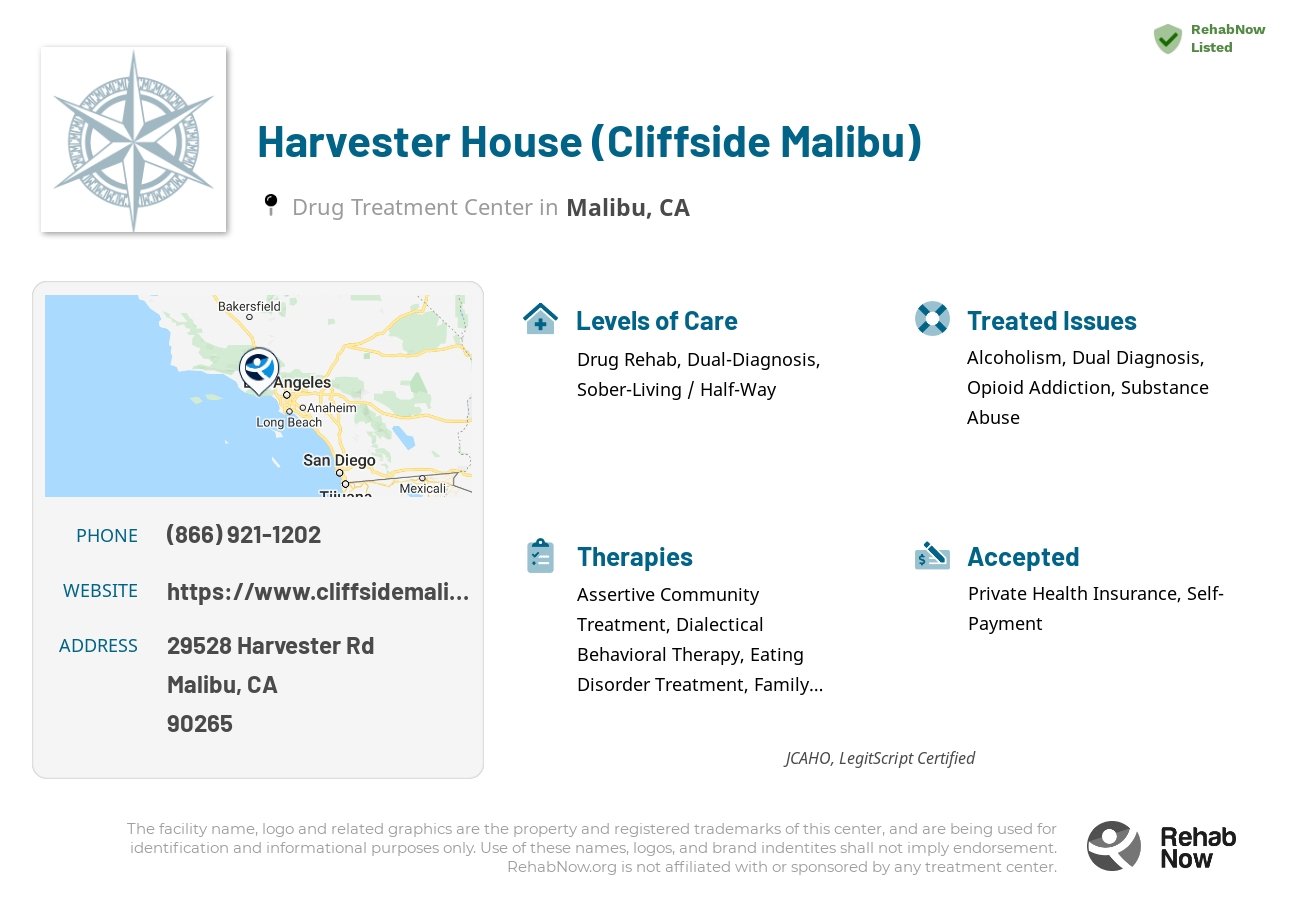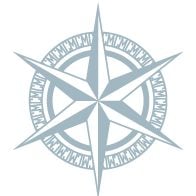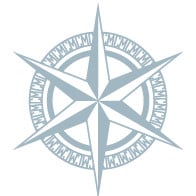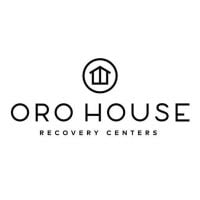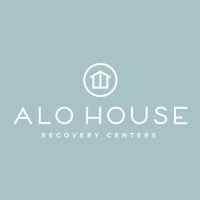Harvester House (Cliffside Malibu)
Drug Rehab Center in Malibu, California
Harvester House in Cliffside Malibu is a specialized addiction treatment facility that offers a range of levels of care, including detox, inpatient, partial hospitalization and residential programs, all tailored to each individual's unique needs for the best chance at achieving long-term sobriety, with accreditation from two prestigious organizations (JCAHO & LegitScript).
About This California Facility
Cliffside Malibu - Harvester House in Malibu, California, stands out as a premier destination for adults seeking to overcome substance abuse issues. This boutique treatment center is celebrated for its Joint Commission-accredited services, blending evidence-based, emerging, and experimental therapies. Personalized care plans and luxury amenities ensure a unique and effective recovery experience.
- Cliffside Malibu - Harvester House offers medically managed detox and inpatient treatment to ensure a safe and comfortable withdrawal process.
- A wide range of therapies including CBT, DBT, EMDR, yoga, and acupuncture cater to the holistic healing of clients.
- Luxury amenities paired with 24-hour staff assistance enable a serene and conducive environment for recovery.
Accredited by the Joint Commission and certified by LegitScript, Cliffside Malibu - Harvester House exemplifies the gold standard in addiction treatment. The use of a variety of treatment methodologies ensures that each client receives the personalized care they deserve, supported by a team of highly specialized professionals.
Clients struggling with alcoholism, opioid addiction, substance abuse, dual diagnosis, and other related disorders find targeted treatment here. Through a comprehensive suite of therapies including individual and group sessions, holistic treatments, and relapse prevention training, individuals are guided towards sustainable sobriety and wellness.
Genders
Ages
Modality
Additional
Accreditations

LegitScript

JCAHO
Conditions and Issues Treated
A drug abuser needs help because if no one helps them, they will not leave their vicious circle.
People who abuse drugs are likely to suffer from an addiction, which can cause serious health problems. It can also cause quarrels with people around them. It is common for drug abusers to have difficulty holding down jobs or relationships, but sometimes people around them can be quite tolerant. There are cases where the families of the drug abusers do not want to see them get any help, and the subject becomes controversial.
When it comes to helping drug abusers get sober, there are many options to choose from. It is essential to state that there is no “correct” way of doing things. People are different, and they need different types of help to get over their addiction.
Opioid addiction treatment should be done in a medically supervised drug rehab. Opioid addiction treatment will include detoxification and drug rehab counseling to help both the user and their loved ones learn how to live a successful sober lifestyle. Methadone, buprenorphine, and naltrexone are three medications that can help treat opioid addiction. Individual drug rehab counseling sessions can be helpful to discuss any questions or concerns with the drug treatment program.
When addiction and psychiatric issues co-occur, the addict’s recovery is more successful when both conditions are treated. A dual diagnosis refers to a condition in which the patient is diagnosed with two health issues: addiction and bipolar disorder.
Usually, dual diagnosis sufferers are prescribed a combination of treatments for each condition. The most common therapies are psychotherapy, behavioral therapy, spiritual counseling, 12-step programs, and medication management.
Psychiatric conditions are an obstacle to recovery because they can create roadblocks to a healthy lifestyle. Drugs and alcohol may be used as a means of self-medication, which can have dangerous consequences. Over time, addicts build up a tolerance and suffer withdrawal symptoms when drug use is stopped.
With the proper treatment, dual diagnosis sufferers can overcome their conditions and achieve lasting sobriety.
Levels of Care Offered at Harvester House (Cliffside Malibu)
This center offers a variety of custom treatment tailored to individual recovery. Currently available are Detox, Drug Rehab, Dual-Diagnosis, Inpatient, Partial-Hospitalization, Residential, Sober-Living / Half-Way, with additional therapies available as listed below.
Detoxification is the first step in drug addiction treatment. A controlled environment where symptoms can be managed with medication and close observation is provided by drug detoxification. Detoxification is an essential step in the recovery process, but it is also one of the most dangerous. Due to the potential danger, it’s critical to understand what detoxification is and how to complete it safely.
A detox program helps the person physically withdraw from drugs and helps them track their progress. So, suppose the person isn’t ready for sobriety (or relapses). In that case, the treatment professionals can catch it early and help re-orient them towards recovery.
Inpatient treatment is an option that provides addicts with a supportive environment in which they can stop using. This type of intensive care and supervision is appropriate for those who were unable to quit on their own or need more structure than they could get from outpatient treatment, such as the addict most in need of this level of care.
The goal of inpatient rehab is for the addict to stay focused on sobriety and remain free of mood altering substances. Inpatient treatment programs usually offer the following: detox, therapy groups, one-on-one counseling, medication management and aftercare planning.
Partial Hospitalization Program is when a person in rehab takes part in regular treatment sessions, at least five days per week (and sometimes six), during all or most hours of the day, at Harvester House (Cliffside Malibu). These programs vary in length, but they can last anywhere from one month to three months—or longer.
This is done through the use of a method called “therapeutic community.” PHPs are very intense, and they are best for individuals who have completed a successful, medically supervised withdrawal.
Sober Living Homes are used in drug rehab to help former addicts maintain sobriety. The staff provides the residents with a safe and supportive living environment to learn how to live a sober life. The staff members also provide the residents with resources to equip themselves better to live a sober life. They also provide them with opportunities for exercise, many of which encourage learning coping mechanisms that will be helpful later on.
Residential treatment programs are those that offer housing and meals in addition to substance abuse treatment. Rehab facilities that offer residential treatment allow patients to focus solely on recovery, in an environment totally separate from their lives. Some rehab centers specialize in short-term residential treatment (a few days to a week or two), while others solely provide treatment on a long-term basis (several weeks to months). Some offer both, and tailor treatment to the patient’s individual requirements.
Therapies & Programs
Individual therapy is a critical component of addiction recovery. It allows the patients to go deep into their core issues and discover how to handle those problems better. Therapy can be conducted in individual sessions as well as group settings. In individual therapy for addiction, the patient meets with their therapist one-on-one to focus on the underlying issues. This allows patients to open up and discuss personal topics they may not feel comfortable discussing in a group setting. This type of therapy can help develop solutions specific to each patient, which helps speed up the recovery process.
Family therapy is a crucial part of drug treatment and getting sober. It is one of the most effective ways to help addicts stay on the path to long-term sobriety. When a drug addict decides that they want to try and get sober, it takes the support of every person they love to succeed. It can be incredibly difficult for loved ones to watch an addict go through the pain and suffering of withdrawal, but by being there with them and supporting them, they can help to make sure that the addiction never returns.
One of the most important parts of family therapy is the relapse prevention plan. During treatment, therapists and doctors will often sit down with the addict and their family to develop a plan in case the addict ever feels like they want to use again. This plan should involve steps the addict and family can take together to prevent them from relapsing in the future. An addict’s family can play a vital part in helping them to avoid relapse because they can spot the warning signs and help them get back on track before it becomes too much of a problem.
Group therapy helps prevent addicts from feeling isolated or unique in their situation by offering a sense of comfort and fellowship. It also creates a forum for addicts to build their support systems and learn from each other. The group therapy sessions at Harvester House (Cliffside Malibu) occur in a group setting rather than one-on-one to create a safer, controlled environment where addicts feel comfortable.
Trauma therapy helps people dealing with addiction by allowing them to confront the traumas of their past and move past them. It is important to note that trauma therapy should not be confused with PTSD (post-traumatic stress disorder) Rather, it is used to treat the effects of trauma, which are often at the root of addiction.
Dialectical Behavior Therapy was developed in the 1980s to treat chronically suicidal individuals. It is a cognitive-behavioral therapy that combines strategies derived from Zen Buddhism, such as mindfulness training. DBT has been adapted for use with other types of psychiatric problems, including substance abuse and personality disorders. DBT aims to help patients change their thinking and behavior, instead of relying on medication.
Cognitive Behavioral Therapy (CBT) is a common therapeutic approach to help drug addicts. It teaches addicts new ways of thinking and behaving so that they can avoid relapse. There are several forms of CBT used in drug rehabilitation centers.
Cognitive Restructuring helps addicts identify faulty, negative thinking so that they can work together with the therapist to find healthier ways of thinking, resulting in better decision-making.
Cognitive Behavioral Therapy for Addiction uses the principles of CBT to help treat addiction. It focuses on specific aspects of each person’s thinking, feeling, physiology, and behavior. It aims to identify specific problems in these areas and create a personalized treatment strategy.
Rational Emotional Behavior Therapy aims to help you understand your emotions and how they affect your behaviors and addiction. It breaks down the addiction and behaviors behind it. Those who complete the program will identify their feelings and reactions and positively change their behaviors.
Eye movement desensitization and reprocessing is a form of psychotherapy that allows individuals to heal from the emotional distress that is the result of disturbing life experiences. It uses alternating bilateral stimulation the therapeutic process where the patient moves his/her eyes back and forth while recalling distressing thoughts or feelings can be facilitated by this eye-movement technique.
- It is effective to treat a range of different problems such as: anxiety, depression and grief.
- short term therapy (8-16 sessions) and normally 10 sessions is maximum treatment time required for treating emotional problems.
- has been found to be as helpful as cognitive behavioural therapy or exposure therapy.
The best drug treatment centers offer various services to help addicts learn how to live without drugs. Since addiction is a chronic physical and mental illness, addicts need to learn as many life skills as possible to help them stay clean and sober.
Many drug treatment centers like Harvester House (Cliffside Malibu) offer life skills activities as part of their addiction recovery programs. Examples include cooking classes, employment training, resume writing seminars, parenting classes, and computer training. When addicts have various life skills to lean on, they’re better equipped to put their addiction behind them for good.
The primary goal of life skills activities at drug treatment centers like Harvester House (Cliffside Malibu) is to help addicts recover from addiction and learn how to live a useful, productive life. Life skills activities help addicts find employment, take care of their families, and give back to the community. After learning about these various life skills, addicts are better prepared to return to society and lead happy healthy lives.
Drug addiction can be a difficult thing to overcome, but with the help of nutrition therapy, it can become a little bit easier. Nutrition therapy provides addicts with the nutrients they need to recover both physically and mentally. This type of therapy also helps addicts to have more energy and strength to fight cravings. Most importantly, good nutrition helps to keep addicts strong against the physical symptoms of withdrawal.
Nicotine replacement therapies are effective because they provide you with the nicotine you are addicted to without inhaling carcinogens from cigarettes. Some types of NRT include nicotine gum, nicotine patches (transdermal systems), nasal spray, and lozenges. The benefits of using NRT can include reducing the risk of heart disease and cancer.
Patient Experience
Creative Arts
Creative arts therapy is an expressive process that helps people heal. Even if the goal isn’t always to create a finished product, it’s therapeutic for many. They can express themselves through journaling or other creative outlets like sketching, painting, sculpting, etc. This helps them cope with stress and anxiety better than before (and even when they were). The activity improves communication skills and the ability to process traumatic events from one’s past, often triggered during periods of withdrawal/relapse.
Experiential Therapy at Harvester House (Cliffside Malibu)
Experiential Therapy is a new approach to addiction treatment. Addiction-related psychological issues like depression and anxiety are addressed through physical activities.
Experiential Therapy can help those who have struggled with past traumas or life decisions like drug use. It allows people to gain new perspectives on their behavior patterns by recreating experiences in healthy ways rather than continuing old habits that may no longer serve them well.
Fitness Therapy
Opting for fitness therapy allows someone to get through their recovery while also rebuilding their body. They can do this by pairing it with nutritional therapy, which will help them feel better and make healthier choices from the start of rehab. This type of physical activity that they provide offers a solid connection between your mind and body, teaching how to create healthy life habits without an addiction involved at all.
Fitness Therapy comes in two types: psychotherapy combined with exercise or just exercise alone, where people learn about nutrition throughout the process. It’s most commonly used in rehabilitation programs offered by Harvester House (Cliffside Malibu).
Payment Options Accepted
For specific insurance or payment methods please contact us.
Is your insurance accepted?
Ask an expert, call (888) 674-0062
Cliffside Malibu Associated Centers
Discover treatment facilities under the same provider.
- Sunset Malibu (Cliffside Malibu) in Malibu, CA
- Cliffside Malibu in Malibu, CA
- Cliffside Malibu Outpatient Services in Malibu, CA
- Cliffside Malibu - Andromeda Lane in Malibu, CA
- Cliffside Malibu - Heathercliff Road in Malibu, CA
Learn More About Cliffside Malibu Centers
Additional Details
Specifics, location, and helpful extra information.
Malibu, California 90265 Phone Number(866) 921-1202 Meta DetailsUpdated April 15, 2024
Staff Verified
Is Harvester House (Cliffside Malibu) a LegitScript Verified Treatment Facility?
According to our most recent records, we have found this center to be LegitScript verified.
Patient Reviews
There are no reviews yet. Be the first one to write one.
Malibu, California Addiction Information
More than 3 million of California's citizens are addicted to illegal drugs. Almost 800,000 people use hard drugs, almost 5 million use marijuana, and another 2.1 million abuse alcohol every year. Other substance abuse issues such as binge drinking and teen drug use are also common. Many illegal drugs such as cocaine, heroin, methamphetamine, and marijuana are smuggled into the state from Mexico.
8.4% of Malibu residents reported using illicit drugs in the past. The number of overdose deaths in Malibu has quadrupled since 1999. Malibu's proximity to Los Angeles makes it a hub for illegal drug activity. 58% of residents who abuse drugs started using them before they turned 18. About 12% of Malibu residents have alcohol use disorder. Several rehab centers are located in Malibu to help individuals struggling with addiction.
Treatment in Nearby Cities
- Orange, CA (57.9 mi.)
- San Marcos, CA (113.2 mi.)
- Fairfield, CA (342.9 mi.)
- Livermore, CA (302.0 mi.)
- Porterville, CA (141.4 mi.)
Centers near Harvester House (Cliffside Malibu)
The facility name, logo and brand are the property and registered trademarks of Harvester House (Cliffside Malibu), and are being used for identification and informational purposes only. Use of these names, logos and brands shall not imply endorsement. RehabNow.org is not affiliated with or sponsored by Harvester House (Cliffside Malibu).

%20in%20Malibu%20California.png)


